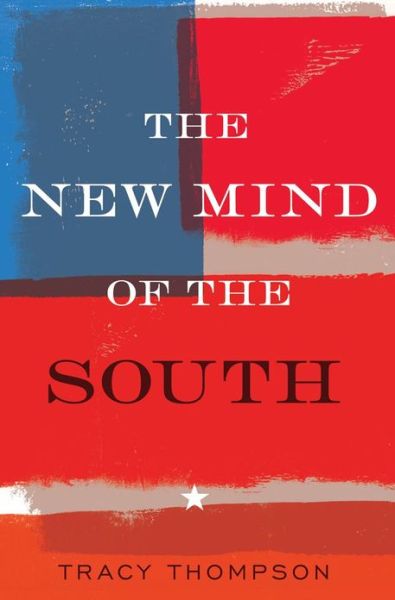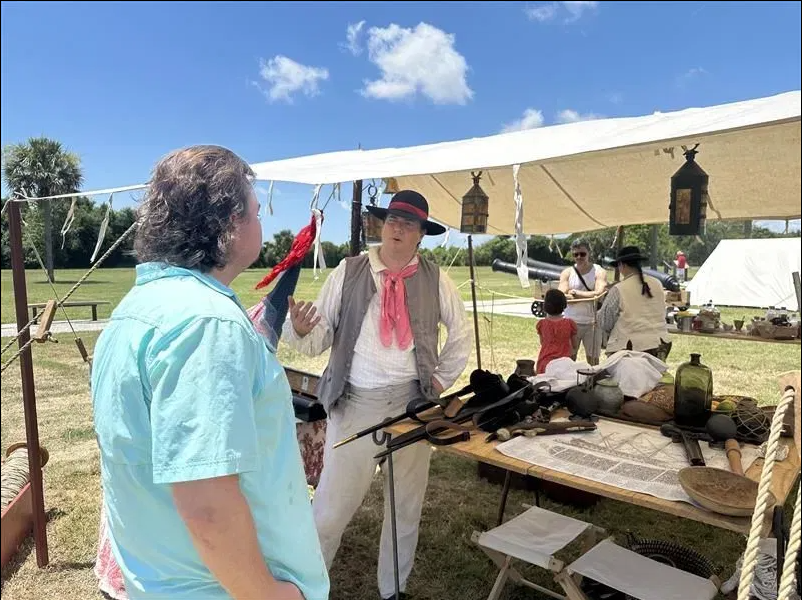“The New Mind of the South”
By Tracy Thompson.
Simon & Schuster, 263 pps., $26.
Whatever you think the South represents, it is Tracy Thompson’s contention that it’s morphing into something else. “The New Mind of the South” is her collection of essays on what a region haunted by history could become in the 21st century.
Thompson, who’s white, was born in the 1950s, a time when the racist Jim Crow laws of the South began to crack under the pressure of the civil rights movement. She grew up near Atlanta, home base of the Rev. Martin Luther King. By the time she became a newspaper reporter, the violence of the era had eased somewhat and integration was happening in fits and starts. Now she’s raising a family near Washington, D.C., and revisiting the deep South to keep track of an evolving culture.
Contradictions abound. To her, the South is the friendliest, most religious region of the country, yet it’s anchored by a spiritual hubris, “an unstated assumption that God loves us better.”
This sense of superiority has its roots in the defensiveness many white Southerners feel about the Civil War. Confederates lost that conflict decisively, and they lost it fighting for the evil of slavery. White Southerners understandably don’t want to think that their great-great-grandparents did anything evil, so many still explain the bloodshed as a fight for states’ rights or resistance to Northern industrial tyranny or something else equally lame, Thompson argues. She calls that “the Big Lie.” To her, the war was all about slavery and the good guys won.
Yet the region’s politics have often moved beyond what happened in 1865 or 1963.
“As the past 50 years have shown, the South has gone a long way — maybe further than any other region — toward divesting itself of overt racism, while the hatred most white Southerners have for federal mandates and ‘big government’ burns hotter than ever,” Thompson writes.
Whites’ political control of the bulk of the South is slipping, she argues, as President Obama’s support in Virginia and Florida shows. The percentage of African-Americans living in the South is rising as many relocate from the North. Growing numbers of Hispanics and Asians are making their home in Dixie, as well.
Thompson’s book is a quick read that can be compared favorably to “Confederates in the Attic,” Tony Horwtiz’s 1998 travelogue about raw feelings left over from the Civil War. Her insights are frank and often funny: “People like the Amish, who actually have held on to many of their customs over the course of several generations, don’t seem to feel the need to go on and on about their reverence for the past; Southerners can’t shut up about it…”
But her judgment is questionable when she says the University of Mississippi has “some of the best college football on the planet.” In the last 40 years, Ole Miss generally had great football on campus only when Alabama or LSU came to call.
The weakness of the 263-page book is that Thompson doesn’t go into enough depth on some subjects. But she finishes strong, with an overview of Atlanta, a city that rivals Houston in sprawl and traffic. It avoided the worst violence of the civil rights era — it was bad for business — yet continues to deal with civic fault lines, which are based nearly as much on class as race.
Thompson is hopeful that the best of the South, its friendliness and rural strengths, can be salvaged. She’s heard Hispanic-American teens born in Dixie speaking English with Southern-fried twangs.
–Conrad Bibens, Houston Chronicle business wire and copy editor.



